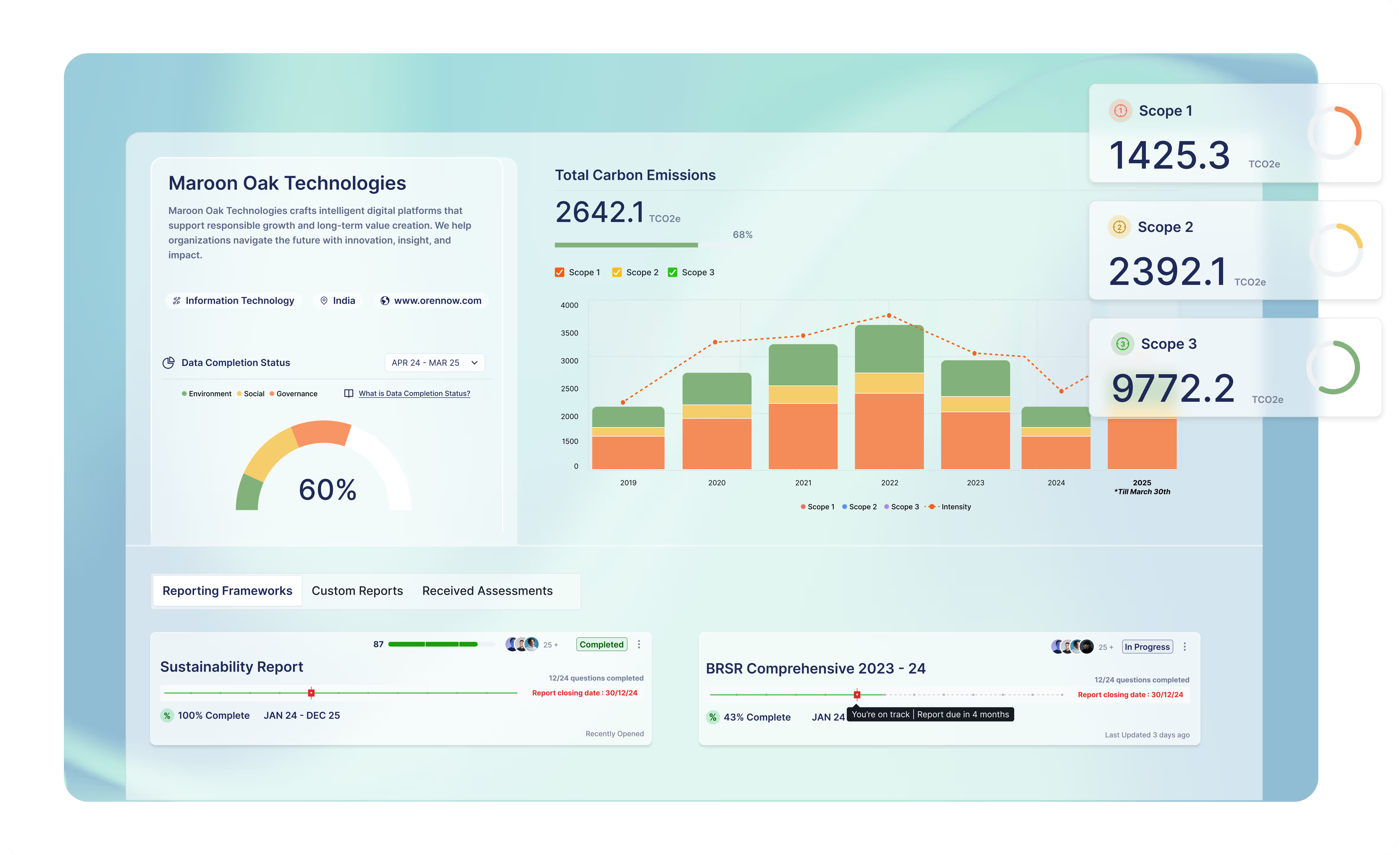The Growing Significance of ESG in Supply Chain Management

Understanding the Impact of ESG in Supply Chain Management
As businesses navigate the complexities of modern supply chains, integrating Environmental, Social, and Governance (ESG) principles has become increasingly crucial. The importance of ESG in supply chain management cannot be overstated, especially as companies face heightened scrutiny from customers, investors, and other stakeholders. This article delves into the benefits and solutions associated with ESG in the supply chain, offering insights into how companies can align their operations with these vital principles.
The Benefits of Implementing ESG in Supply Chains
1. Enhanced Transparency and Credibility
A robust ESG strategy within the supply chain significantly boosts a company's credibility. Transparency in ESG practices not only helps in managing risks but also strengthens stakeholder trust. Companies that actively ensure their suppliers adhere to ESG standards are more likely to attract and retain investment, enhance their reputation, and build a loyal customer base.
2. Integration of ESG Metrics
A comprehensive approach to ESG involves understanding and managing the entire supply chain's impact. This includes assessing how suppliers contribute to sustainability goals and whether they comply with relevant ESG criteria. By doing so, companies can mitigate risks, set Science-Based Targets (SBTs), and utilize Key Performance Indicators (KPIs) to track progress in areas such as carbon neutrality, energy efficiency, and ethical sourcing.
3. Competitive Advantage in Sustainability
Incorporating ESG principles across the supply chain offers a distinct competitive edge. Companies committed to ethical practices and sustainability not only comply with emerging regulations but also distinguish themselves from competitors. This commitment enhances brand reputation, fosters customer loyalty, and supports positive community impact, all while achieving long-term profitability.

Practical ESG Solutions for Supply Chain Management
1. Engaging Suppliers
Maintaining strong relationships with suppliers is essential for ensuring adherence to ESG standards. This includes regular monitoring, requesting ESG disclosures, and including sustainability criteria in contracts. By setting clear expectations and evaluating supplier performance, companies can ensure alignment with their ESG goals and improve overall supply chain sustainability.
2. Multi-Stakeholder Collaborations
Collaborating with partners specializing in sustainable development can significantly enhance ESG efforts. Defining ESG metrics for these partnerships and keeping stakeholders informed can drive participation and bolster support for sustainability initiatives. Such collaborations not only improve a company's reputation but also expand the reach of its ESG practices.
3. Adapting to Evolving Regulations
Staying abreast of changing ESG regulations and standards is a significant challenge for many companies. By proactively adapting to new legislation, businesses can maintain compliance and leverage these changes as opportunities for improvement. This adaptability provides a competitive advantage in a rapidly evolving regulatory landscape.
4. Effective ESG Reporting
Transparency in ESG reporting is crucial for demonstrating a company's commitment to sustainability. Utilizing frameworks such as the Global Reporting Initiative (GRI) and the Sustainability Accounting Standards Board (SASB) guidelines, businesses can effectively communicate their ESG performance. This not only enhances operational efficiency but also fosters greater stakeholder engagement.

ESG and Supply Chain Management: Key Considerations
1. Addressing Carbon Footprint and Decarbonization
Understanding and managing carbon emissions is a critical component of ESG in supply chains. Companies must assess their carbon footprint, including Scope 1, Scope 2, and Scope 3 emissions, and implement strategies for carbon offsetting and decarbonization. This includes aligning with frameworks like the Greenhouse Gas (GHG) Protocol and setting targets for carbon neutrality.
2. Enhancing Environmental and Social Responsibility
Incorporating environmental and social considerations into supply chain management involves evaluating practices related to waste management, resource efficiency, and human rights. Companies should focus on reducing their ecological footprint and ensuring safe working conditions throughout their supply chain, thereby reinforcing their commitment to sustainable practices.
3. Navigating ESG Rating and Certification
Obtaining ESG certification and understanding ESG ratings are essential for demonstrating a company's adherence to sustainability standards. Engaging with ESG rating agencies and utilizing platforms like EcoVadis and CDP Reporting can provide valuable insights and benchmarks for improving ESG performance.
Conclusion
The integration of ESG principles into supply chain management is no longer optional but a necessity for modern businesses. By embracing sustainability reporting, enhancing transparency, and adapting to evolving regulations, companies can not only meet stakeholder expectations but also drive long-term success. As the global emphasis on sustainability continues to grow, businesses that proactively manage their ESG practices will lead the way in fostering a more responsible and sustainable future.

%2520(2)-p-1080.avif)
.avif)


